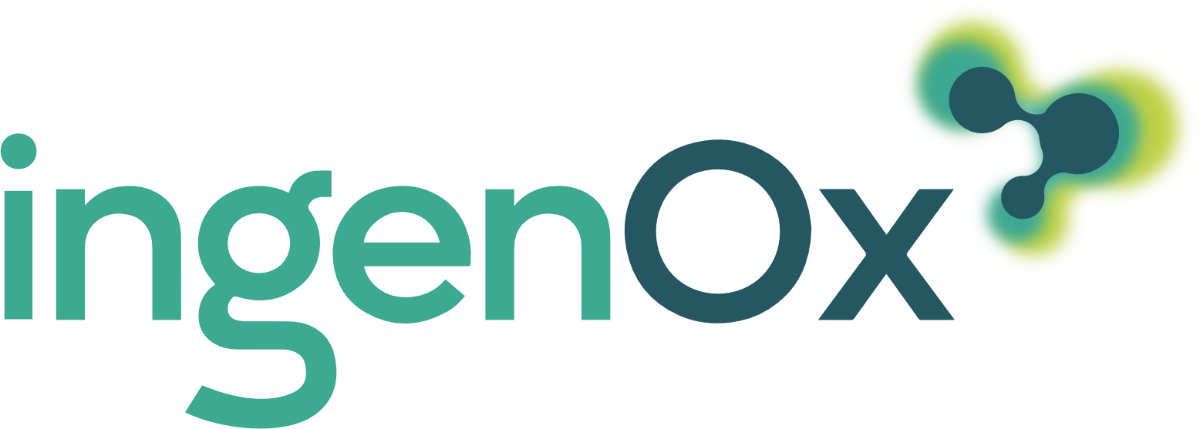Oxford, UK, 30 November 2021 – Celleron Therapeutics, the UK-based company developing novel medicines for cancer patients, today announced the adoption of a precision medicine biomarker platform in its registrational immune combination therapy study in colorectal cancer patients.
CAROSELL Clinical Study Programme
Celleron Therapeutics have completed a Phase II clinical study testing the effect of CXD101 in combination with the immune checkpoint inhibitor (ICI) nivolumab in microsatellite stable colorectal cancer (MSS CRC), which typically does not respond to ICI agents alone (the CAROSELL Study). The therapeutic strategy rests on compelling pre-clinical results which provide novel insights into how CXD101 and ICI drugs work together to re-engage recognition of tumours by the immune system, colloquially, to turn ‘cold’ tumours ‘hot’.
The study enrolled 55 previously treated patients from five UK academic centres and demonstrated significant disease control and objective response rates. In addition, the combination therapy was very well tolerated.
This promising data merits further investigation in a large-scale, group comparator, randomised study. As a next step, Celleron Therapeutics has designed a Phase III adaptive study. This will incorporate a composite tumour microenvironment biomarker, which integrates computerised digital analysis of the percentage of stromal cells and T-lymphocytes. As an exploratory endpoint, the clinical study will test whether the artificial intelligence-led digital pathology platform can be used as a basis for enriching patients that respond to CXD101 in combination with ICIs to MSS CRC patients.
Professor David Kerr, Co-founder and Chief Medical Officer of Celleron Therapeutics, commented: “The inclusion of this digital pathology biomarker platform in our CAROSELL 2 clinical study design is exciting and a superb example of how Celleron Therapeutics can deploy its precision medicine platforms to potentially improve and enhance the lives of patients suffering from colorectal cancer. It is our hope that that our biomarker platform can also be validated in other tumour types moving forward.”
About Colorectal Cancer
Colorectal cancer is the second most common tumour type in women, and the third most common in men. The approximate 5-year survival rate for colorectal cancer patients with advanced (metastatic) disease is 10% in the United States.
Surgery is indicated for localised disease, whilst chemotherapy (eg 5-fluorouracil, capecitabine, oxaliplatin, irinotecan) has been the standard management for patients with metastatic colorectal cancer. Two agents have been approved for third-line management of advanced colorectal cancer, namely regorafenib (Stivarga) and Trifluridine-tipiracil hydrochloride (Lonsurf), but for both, the response rates are low, and toxicity high.
A subset (5%) of colorectal cancers is characterized with deficient DNA mismatch repair. These tumours tend to have a high expression of checkpoint proteins (PD-1 and PD-L1), which interfere with the body’s normal anti-tumour T-cell response. By disabling these proteins, checkpoint inhibitors such as nivolumab allow the immune system to function properly, and T-cells to kill tumour cells.
However, for the greater majority of patients with a normal Mismatch Repair proficient expression, the microsatellite phenotype is stable (MSS), antigen presentation is believed to be much decreased, and the tumour is thus resistant to checkpoint inhibition. Most MSS patients will ultimately relapse or become resistant to chemotherapy. Thus there remains a very significant unmet clinical need to find novel agents, singly and/or in combination, for the treatment of these late-stage patients.
About Celleron Therapeutics Ltd
Celleron Therapeutics is a biopharma advancing a clinical and pre-clinical pipeline of precision therapies for different cancer indications. The company is located on the Oxford Science Park, UK. Celleron Therapeutics has built a proprietary platform around epigenetic control and immune modulation, providing its drugs with a two-pronged attack on cancer. Celleron Therapeutics’ approach seeks to align the right drug with the right patient enabling a personalised approach to cancer therapy.
Celleron Therapeutics’ focus is on those cancers where there is still an unmet need for long-term disease control. It is hoped that not only will patients volunteering for our clinical trials benefit directly, but the results from these studies will ultimately allow the general use of more effective, safer medicines. Our goal is not only to treat cancer but improve quality of life during therapy by reduction of side effects.
Celleron Therapeutics has global license partnerships with Astra Zeneca and Roche. The company secured investment in 2016 from a consortium of South Korean investors; and in 2020 span out an affiliate company, SynOx Therapeutics. For more information see www.cellerontherapeutics.com
About CXD101
CXD101 is Celleron Therapeutics’ next generation epigenetic immune-regulator representing a class of drug that kills cancer cells by blocking certain vital functions involved in gene expression (histone–deacetylase [HDAC] inhibitor) and reactivates the patient’s immune system so that cancer cells can no longer evade immune recognition.
The European Medicines Agency (EMA) has previously granted CXD101 Orphan Drug Designation as single agent therapy, based upon early-phase trial efficacy seen in relapsed or refractory Peripheral T-Cell Lymphoma (PTCL) patients. A PTCL Phase II trial is scheduled to start 2022 in China.
